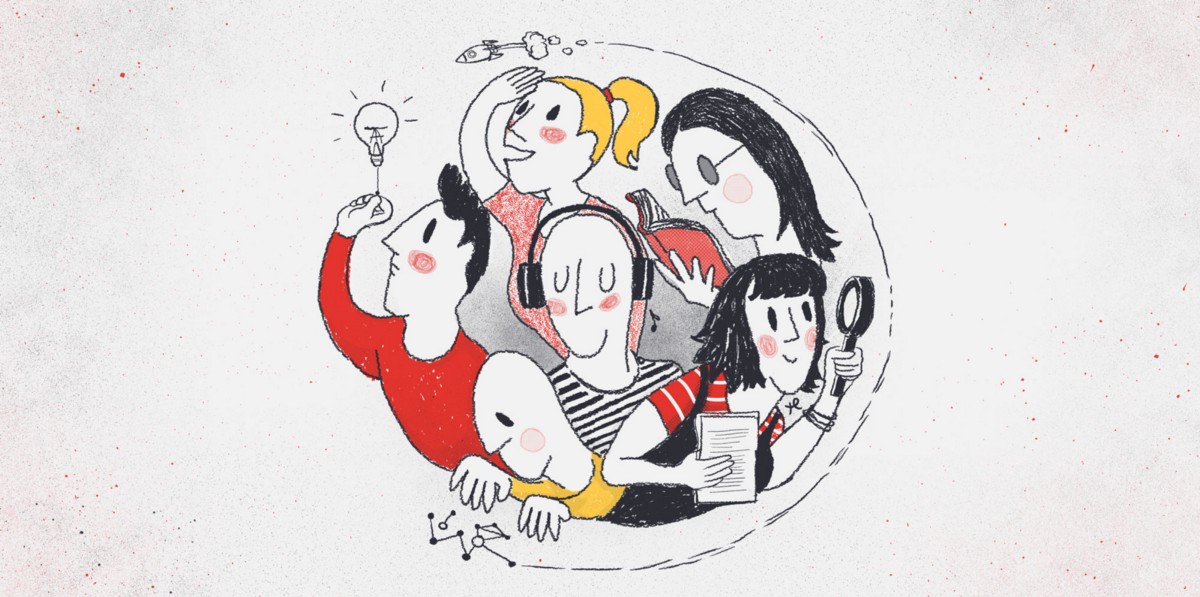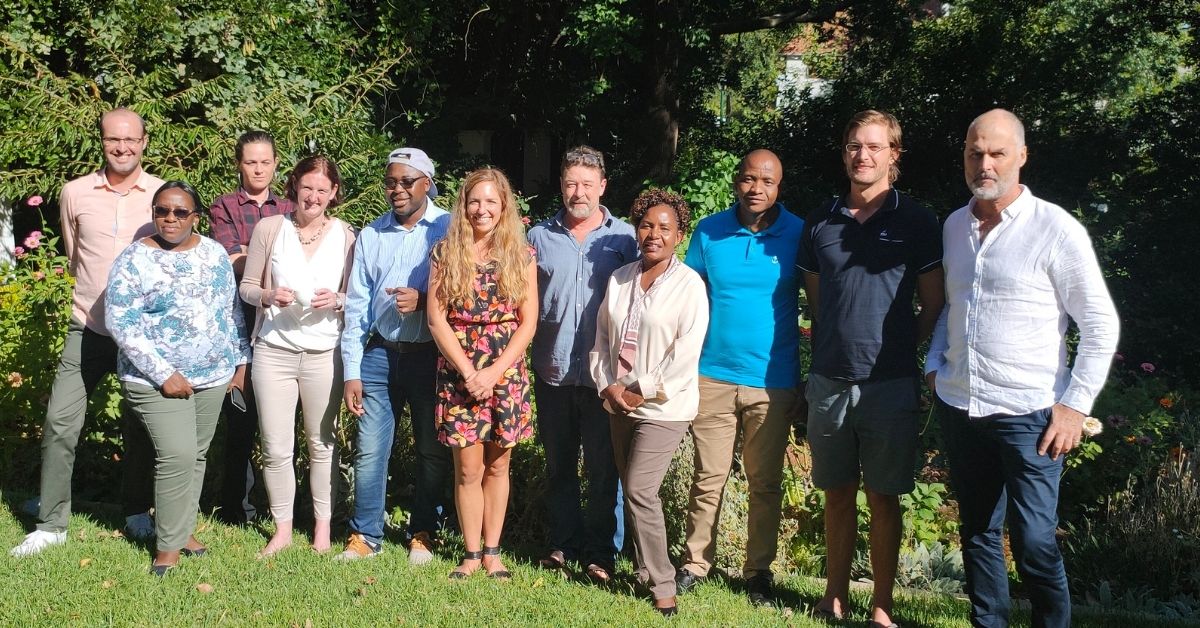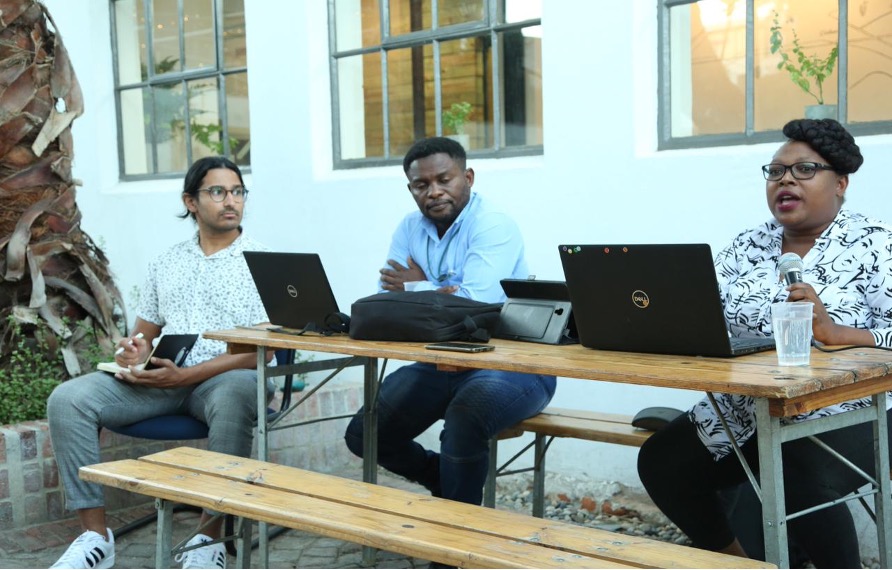When is transdisciplinarity an appropriate research methodology?
Transdisciplinarity distinguishes itself from mono-, multi- and inter-disciplinarity in that it – as research methodology – has developed specific principles, practices and methods of co-producing knowledge with social partners when facing real-world problem situations that are too complex to tackle with theoretical knowledge alone.






